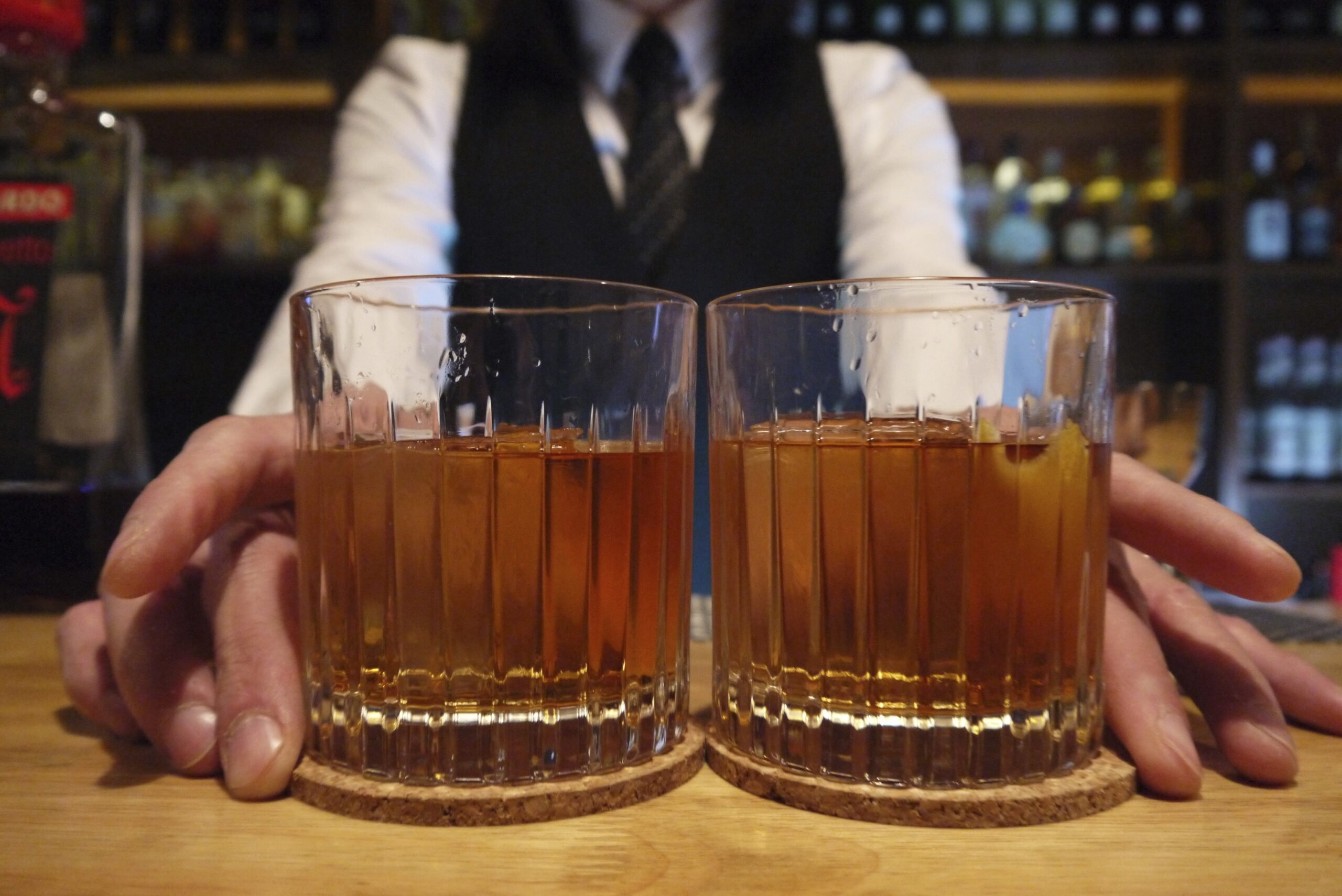Dram Shop Laws – When Bartenders Serve Too Much Alcohol
In the US, nearly all adults have consumed alcohol at some point in their life. Of those adults, more than half have drank in the last month. With so many drinking alcohol, accidents can happen. When those accidents result in injuries, the establishments selling the alcohol can be held liable under dram shop laws.
What Are Dram Shop Laws?
The phrase “dram shop” refers to a bar, tavern, or similar establishment that sells alcoholic beverages. Specifically, the term “dram” is an infrequently used unit of measurement, equivalent to 1/8 fluid ounce.
Altogether, the rules and regulations which govern the liability of establishments selling alcohol are called dram shop laws. In general, the intent of these laws is to protect the public from establishments serving alcohol to minors or over-serving patrons.
Dram Shop Lawsuits
Dram shop laws create a civil cause of action for those injured by an intoxicated individual. For retailers of alcohol, this means they could be held liable for the actions of their intoxicated patrons.
To recover damages under New York law, an injured party must prove:
- There were injuries resulting from the actions of an intoxicated individual;
- There was an unlawful sale of alcohol (either to a minor or intoxicated individual) to the intoxicated individual who caused the injuries; and
- The unlawful sale caused or contributed to the intoxication of the individual.
Who Can Be Held Liable?
Usually, a dram shop lawsuit is brought up when a person is injured by a drunk driver. In other cases, it can be the result of an assault by an intoxicated person. Clearly, a restaurant or bar selling alcohol could be liable under these laws. However, a cause of action may not lie in some other situations:
- Where an attendee at a company picnic is provided with drinks at no cost, the company is not liable.
- If an intoxicated person’s date actually purchases the alcohol, the date is not liable.
- If a private party host doesn’t charge for drinks, they won’t be held liable for the actions of intoxicated guests.
- Where employees are given “shift drinks,” or complimentary alcoholic beverages supplied to bartenders and waiters, the bar won’t be held liable.
However, there is no cause of action for the intoxicated person against the bar serving the alcohol. If a person becomes intoxicated and an injury results, they cannot recover against the establishment under the dram shop laws.
References:
- National Institute on Alcohol Abuse and Alcoholism, Alcohol Facts and Statistics. Available at: https://www.niaaa.nih.gov/publications/brochures-and-fact-sheets/alcohol-facts-and-statistics (last accessed Sept. 29, 2022).
- New York General Obligations Law § 11-101, Compensation for injury or damage caused by the intoxication of a person under the age of twenty-one years. Available at: https://www.nysenate.gov/legislation/laws/GOB/11-100 (last accessed Sept. 29, 2022).
- New York General Obligations Law § 11-101, Compensation for injury caused by the illegal sale of intoxicating liquor. Available at: https://www.nysenate.gov/legislation/laws/GOB/11-101 (last accessed Sept. 29, 2022).
- New York Alcohol Beverage & Control Law § 65, Prohibited sales. Available at: https://www.nysenate.gov/legislation/laws/ABC/65 (last accessed Sept. 29, 2022).
Image: CC0 1.0 Universal (CC0 1.0) Public Domain Dedication

